The 2028 Cadillac Escalade IQ will be the first General Motors vehicle to launch its own in-house, centralized computing platform, kicking off the process of dropping Apple CarPlay and Android Auto on new models. CEO Mary Barra confirmed the roadmap on The Verge's Decoder podcast, while emphasizing that the transition won't happen immediately and won't happen in the next two years.
GM’s electric vehicles have already dropped support for both of these phone-mirroring platforms. With the new hardware, GM is moving to a single infotainment system based on Google software, which will be available to both electric and internal combustion vehicles when their respective upgrade cycles arrive. It’s a controversial move: it’s good for Android users, but it raises questions about the experience for the vast majority of iPhone users.
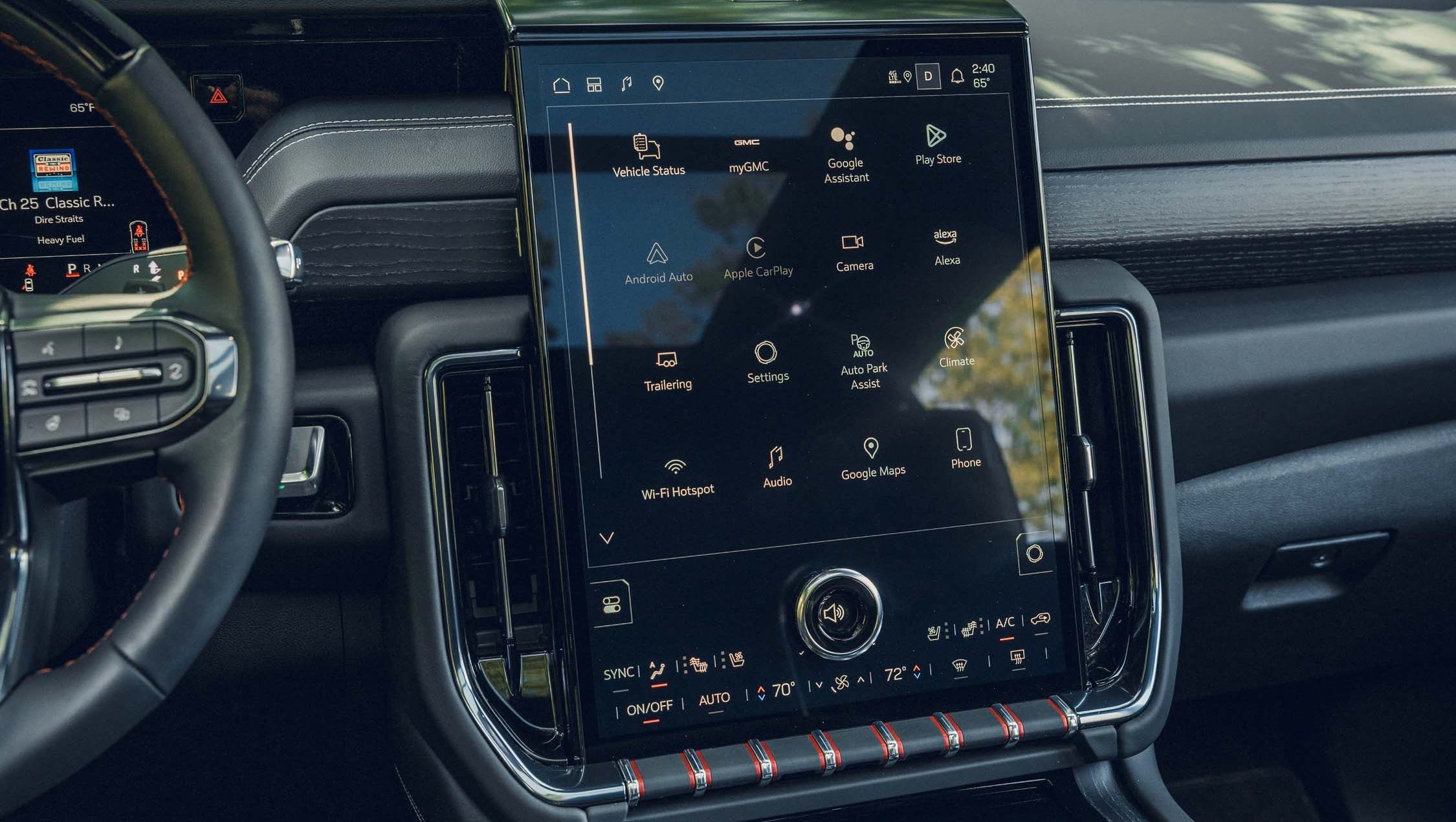
Technology landscape: from phone mirroring to integrated platform
For years, CarPlay and Android Auto have been “shortcuts” to bring the phone interface to the center screen, taking advantage of a familiar app ecosystem. GM has chosen a different path: developing central hardware and software that deeply integrates navigation, entertainment, and connectivity functions, without relying on phone mirroring. The new platform will debut on the 2028 Escalade IQ before spreading to the Cadillac portfolio and other GM brands.
In terms of product philosophy, this approach positions the car as a more autonomous “digital device”, reducing its dependence on the phone. In return, responsibility for performance, stability and user experience will belong to the manufacturer system, instead of sharing it with Apple or Google through a mirroring mechanism as before.
The language of experience: Google interfaces and the changing role of the phone
GM’s new system is based on Google software, which promises to be familiar to Android ecosystem users, especially in terms of navigation, music , and search. However, for iPhone users, the lack of CarPlay means losing the direct link between the phone and the car’s display. The phone’s role shifts to data connection and contact/library sync (if supported), while the display and controls are left to the car’s native interface.
The challenge for GM was to maintain consistent control logic, simplify operations, and ensure core functions (maps, calling, hands-free messaging, music playback) worked smoothly even without mirroring.
Digital cockpit: the dashboard is the control center
While GM hasn’t released interface design details, the focus will be on a digital dashboard and center screen. With non-reflective navigation, menus, voice navigation, and data connectivity should be the pillars. The user experience will depend on how GM optimizes the workflow, personalizes driver profiles, and integrates with popular services.
Keeping the flow between features is key: call forwarding, resuming open routes on the phone (if supported), playlist syncing… It all needs to work consistently to replace long-standing CarPlay/Android Auto habits.
Centralized computing platforms: system performance is the measure
GM has confirmed that a new “compute-centric platform” will debut with the 2028 Escalade IQ. While hardware specifications have not been released, engineering priorities are likely based on three criteria: interface response speed, connection stability, and the ability to multitask (navigation, entertainment, calls) in real time. By eliminating mirroring, any performance “bottlenecks” are exposed directly to the underlying system.
Software updates over time also become important, as the stock interface needs to be constantly refined and patched to keep up with user expectations. Cold boot speeds, touch responsiveness, and maintaining a stable data connection are practical tests that determine day-to-day experience.
Safety and assistive technology: waiting for official data
Aside from the computing platform, GM has yet to release details about the driver assistance systems or independent safety assessments tied to the new hardware, so any comments on the ADAS impact or safety ratings will have to wait until the official announcement when the 2028 Escalade IQ is launched.
Use value in the transitional period
The transition isn’t immediate. CEO Mary Barra said it won’t happen for two years, so buyers still have time to get a GM vehicle that supports CarPlay/Android Auto before the feature disappears from new models. As the new platform spreads to internal combustion engine models, gasoline vehicles will also stop supporting the two mirroring systems.
In terms of value proposition, GM’s approach places a heavy emphasis on experience consistency and software control in the hands of the manufacturer. The benefits can come from a consistent interface and deep integration between in-car functions. On the other hand, iPhone users will need to consider trading the familiarity of CarPlay for a native Google-based system.
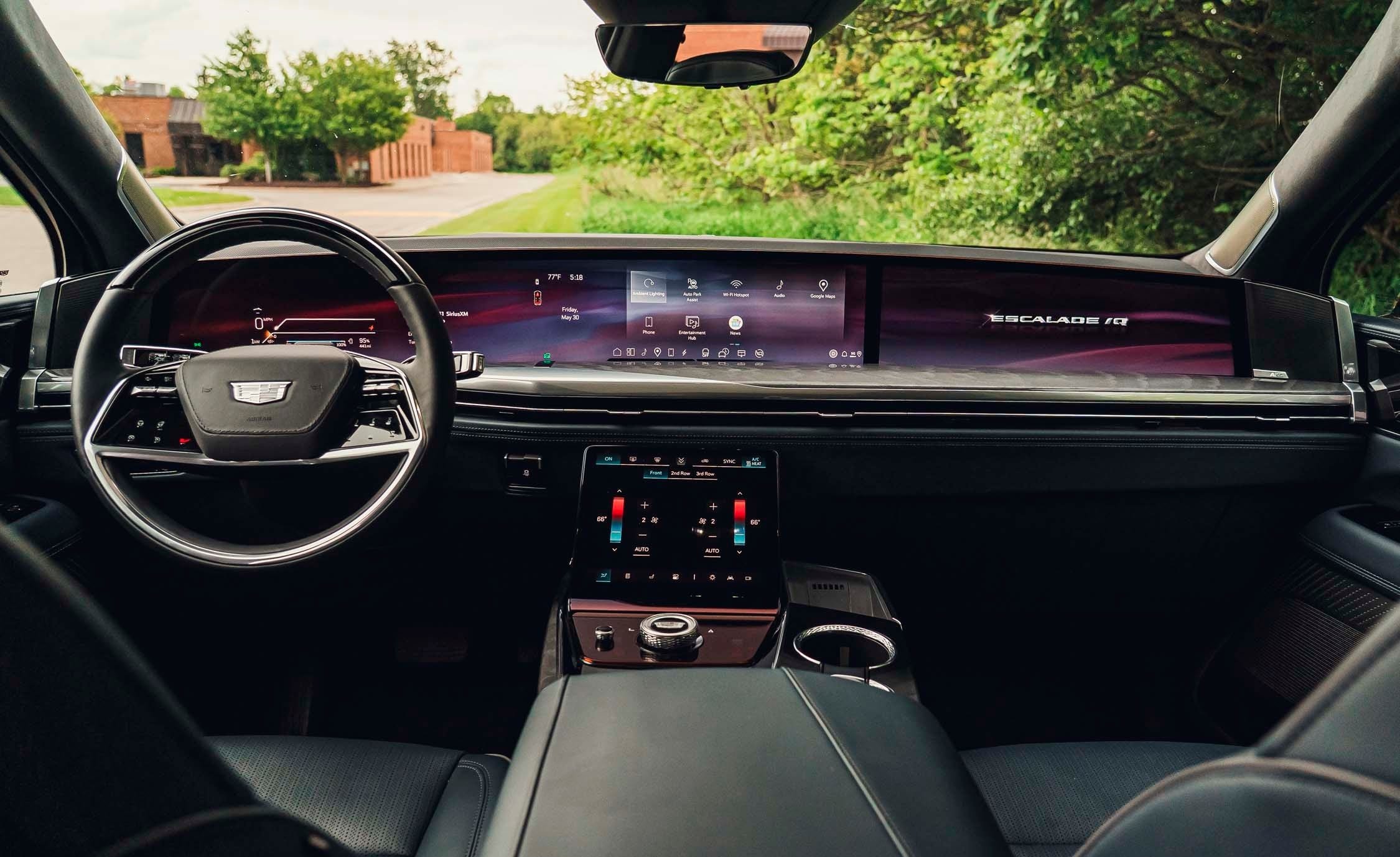
User experience: points to watch for during launch
With the 2028 Escalade IQ as a starting point, real-world testing should focus on: reliable navigation (search, route updates), hands-free calling/texting integration, digital audio quality, and seamless switching between cellular and Wi-Fi. Voice control is also key to reducing distractions while driving.
More broadly, the success of the move depends on whether the original system feels “familiar yet new”: intuitive enough that users don’t have to learn it all over again, and smart enough to overcome the convenience that was CarPlay/Android Auto’s raison d’etre.
Conclusion: innovation or gamble, the answer lies in the actual use
The 2028 Cadillac Escalade IQ marks a technological turning point for GM with a centralized computing platform and an infotainment system based on Google software. This is a direction to unify the experience, reduce dependence on phone mirroring, but at the same time pose a problem to convince the group of iPhone users.
Advantage
- The native in-car experience can be more unified and deeply integrated between navigation, entertainment, and communication.
- Complete control of the hardware/software chain, creating a foundation for long-term improvements and updates.
- Convenient for Android users who are familiar with the Google ecosystem.
Limit
- No more Apple CarPlay and Android Auto on new models on schedule, greatly affecting iPhone users.
- The performance, stability and user-friendliness of the native interface must be proven by real-world experience.
- The transition period requires buyers to consider carefully according to current connectivity needs.
When the Escalade IQ 2028 finally launches, the final answer will come from real -world testing: speed, stability, ease of use, and quality of integrated services. That’s the deciding factor for an ecosystem that no longer relies on phone mirroring.
Source: https://baonghean.vn/cadillac-escalade-iq-2028-tam-biet-carplay-android-auto-10308756.html








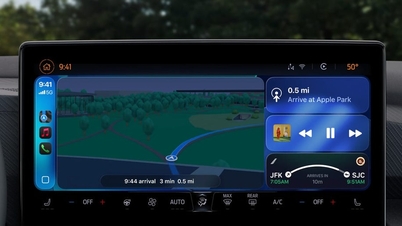
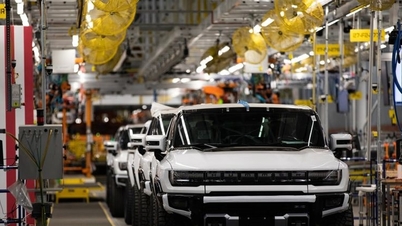
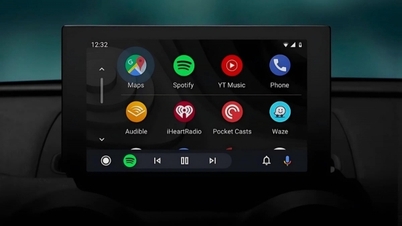




























![[Video] The craft of making Dong Ho folk paintings has been inscribed by UNESCO on the List of Crafts in Need of Urgent Safeguarding.](https://vphoto.vietnam.vn/thumb/402x226/vietnam/resource/IMAGE/2025/12/10/1765350246533_tranh-dong-ho-734-jpg.webp)







































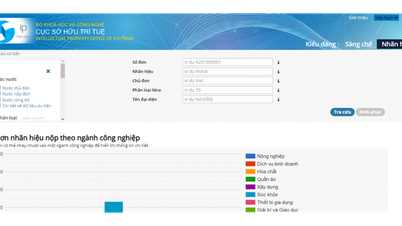






























Comment (0)